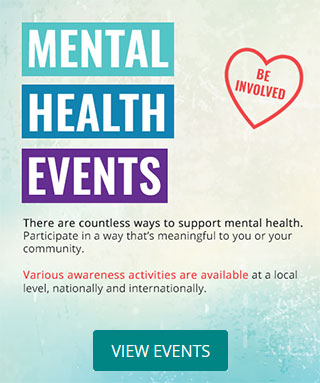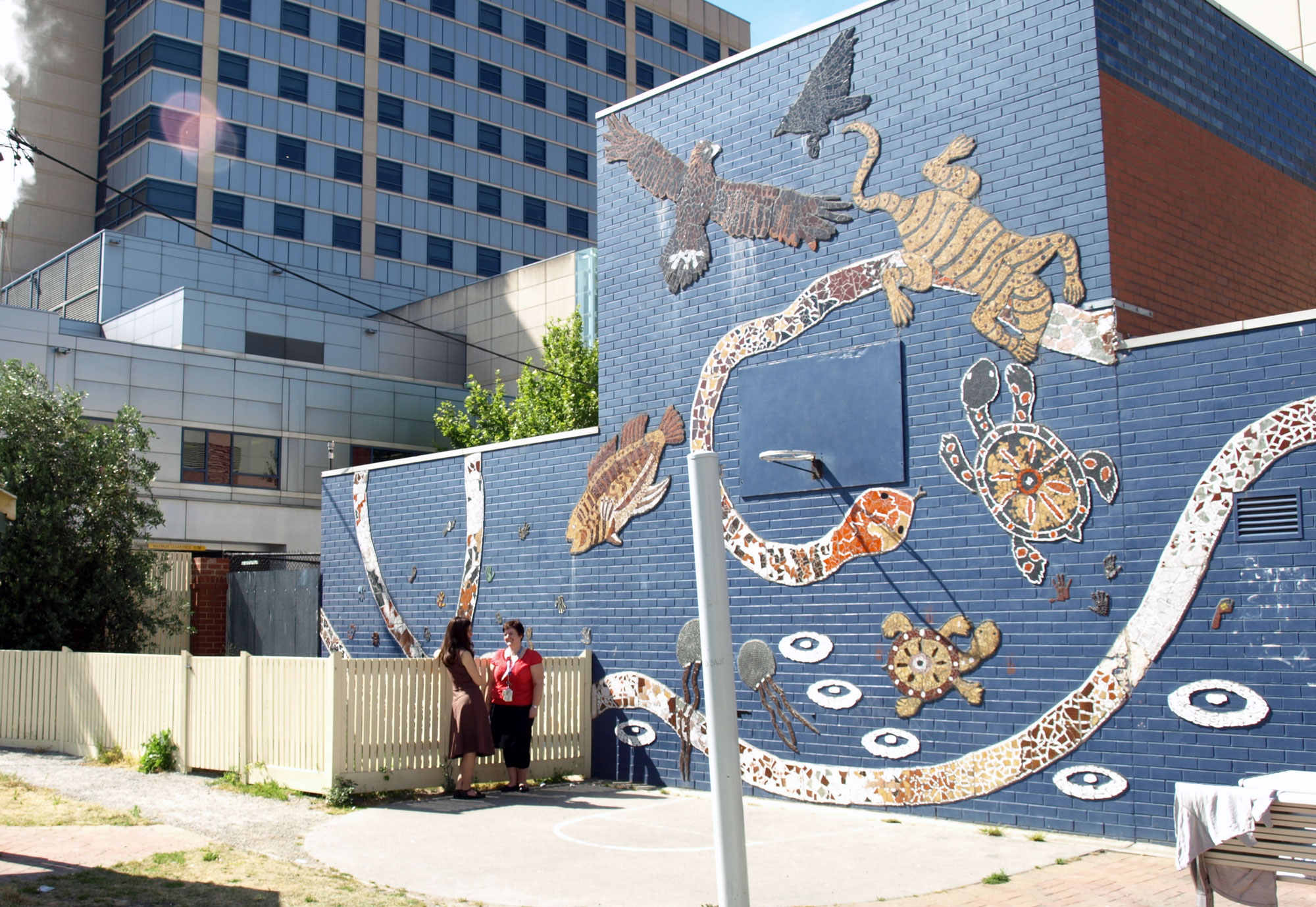Conditions & Treatment Options
Clinicians

In this section we suggest a video interview with a mental health clinician and the APS white paper. We have also listed very useful information and resources for BPD.
What is a clinician?
Also known as mental health counselors, mental health clinicians work to counsel and support clients with mental health concerns. Clincians may diagnose and treat emotional disorders, and encourage consumers to develop care plans that can improve their lives.
How does the Mental Health Act 2014 benefit clinicians? The Mental Health Act 2014 (the Act) aims to promote patient participation in decisions about assessment, treatment, a quick guide is available from health.vic.gov.au website
Borderline personality disorder
Frequently asked questions (FAQs)
BPD information for clinicians
BPD
BPD is serious mental illness that affects between 2-4% of the general population, 20% of inpatients and 15% of outpatients in psychiatric facilities. It is often accompanied by comorbid disorders that render treatment more complex. However, it is a highly treatable illness that responds well to many different psychological modalities of treatment.
Specific psychotherapeutic treatments for BPD including Dialectical Behavioural Therapy (DBT), Mentalization-based Treatment (MBT), Transference-focused Psychotherapy (TFP) among others have been validated as effective in RCT’s. However, none of these (or any other validated treatment) has been found to be more effective for BPD than any of the others. Moreover, studies have shown the treatment for BPD that includes the factors common to the effective specific treatments is as effective as any of the specific treatments.
These common factors are employed by most mental health clinicians in the course of their work but need to be applied in a structured way for people with BPD. ‘Structure’ refers here to ensuring that there is an established ‘frame’ for the treatment, with appointment times, duration, place, arrangements for billing when applicable and etc, all made clear to the patient from the outset. This structure for the treatment provides a ‘holding’ function for people with BPD.
The treatment structure needs to be flexible and responsive when crises occur. A crisis plan developed with the patient is important for many patients with BPD. Listing what the person will do to try to alleviate their own distress at such times and listing what others, including MH clinicians, can do to help, together with contact details for these clinicians are essential to these plans. Developing a crisis plan represents an important opportunity to demonstrate the collaborative approach to treatment that is important for the ongoing work. What the treating clinician or clinicians can offer in crisis situations must be clarified, together with the limits to what they can provide at such times.
The factors common to effective treatment for BPD are these:
- Clear, structured treatment framework
- A focus on the relationship with the therapist
- The therapist actively engages with the patient, demonstrating interest, empathy, and is validating of the person’s distress
- The therapist is collaborative and cooperative in their style of work
- Their focus is on the patient’s affect
- Exploratory interventions are made
- Interventions are change oriented
- Support/supervision for the therapist is available
- Individual psychotherapy sessions are usually conducted weekly for a minimum of 12 months
Resources
Resources for clinicians
Clinicians wanting to increase their knowledge about BPD, including effective treatment and how to go about it, can get information about what is available from the following websites:
The Spectrum website provides Information about education and training courses for clinicians run by experienced clinicians (visit their website).
Virtual Library – Australian BPD Foundation
Towards building a National BPD Training & Professional Development Strategy, you can access their library here.
The Australian BPD Foundation and MHPN developed a set of webinars on BPD in 2017 that can be accessed on the BPD Foundation website. A ‘virtual library‘ is also accessible on this website.
Project Air has excellent information sheets and booklets for clinicians on their website.
National Education Alliance (NEA) for BPD offers a 13-page booklet on BPD by John Gunderson which provides an excellent and succinct account of BPD for clinicians.
National Health and Medical Resource Council (NHMRC) is the peak body for supporting health and medical research; for developing health advice for the Australian community, health professional and governments; and for providing advice on ethical behaviour in health care and in the conduct of health and medical research. The NHMRC Clinical Practice Guideline for the Management of BPD published in 2013 is also an excellent resource for clinicians
A BPD brief An Introduction to Borderline Personality Disorder Diagnosis, Origins, Course, And Treatment by John G. Gunderson, MD 2011.
With special thanks to
Many people have contributed to the development of this project through research, focus groups, advice, information and ideas. We would like to acknowledge and thank all who have contributed and supported us in our endeavor.
Spectrum Personality Disorder Service for Victoria:
A/Prof Josephine Beatson Senior Clinical Advisor
Rita Brown Carer Consultant
Phillipa Bradley and Haley Beckham
Newsletters
Stay in the loop with our monthly newsletters!
If you are having thoughts of suicide, or severe self-harm please follow your crisis plan. If you do not have a crisis plan please call your treating clinician, therapist, general practitioner, one of the numbers listed below or go to the Emergency Department of the nearest hospital. In a life-threatening emergency ring 000.
Phone numbers and other supports that can be contacted in a crisis:
Life Line: 13 11 14 | www.lifeline.org.au
Sane Helpline: 1800 187 263 | www.sane.org
If you are having thoughts of suicide, or severe self-harm please follow your crisis plan. If you do not have a crisis plan please call your treating clinician, therapist, general practitioner, one of the numbers listed below or go to the Emergency Department of the nearest hospital. In a life-threatening emergency ring 000. Phone numbers and other supports that can be contacted in a crisis: Life Line: 13 11 14 | www.lifeline.org.au Sane Helpline: 1800 187 263 | www.sane.org






 The 2014 Act came into effect in July 2014. It introduced new principles to support people experiencing mental illness to make and participate in treatment decision (shared decision making) and to have their views and preferences considered and respected.
The 2014 Act came into effect in July 2014. It introduced new principles to support people experiencing mental illness to make and participate in treatment decision (shared decision making) and to have their views and preferences considered and respected.

